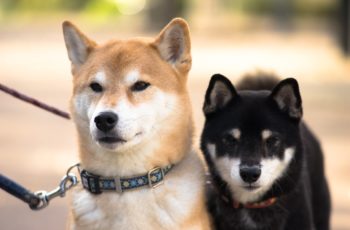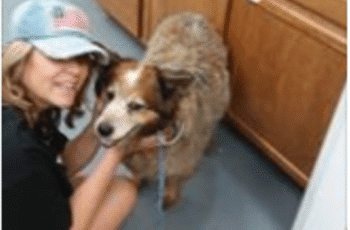Dogs are like humans – they get old, too. However, their lifespan is only a fraction of that of a human’s, and they tend to grow old faster than humans do.
As your dog approaches his senior years, just like most humans, he will undergo some changes. You might expect that he’ll act weaker than he used to, but there could be more to that.
Here are some of the changes you might notice as your dog gets older:
· Poor eyesight and hearing
You might think that your dog is not paying attention to you whenever you call him, but it’s possible that he’s having hearing problems – he could barely hear you. Or, you probably saw him a couple of times going at full speed head-on towards a concrete wall, only to hurt himself in the process.
These are some of the signs that your dog may have issues with his eyesight and/or hearing. It’s important that you bring your dog to your vet regular checkups to have his senses checked.
Your dog may be ageing and could be having issues with his senses, but you could still do something about it, somehow.
· Dry and scaly skin
Dogs have their own version of wrinkled skin as well. As your dog grows older, his skin might begin to dry out – where patches of skin become itchy, and scaly.
You may still be able to correct this by giving your pooch a regular dose of omega supplement. Topical creams and balms are also useful for especially dry patches of skin. You may also try adding coconut oil to your dog’s diet, or simply apply it topically on your dog’s coat and skin for extra moisture and luster.
· Stiff joints
Older dogs are at risk of joint diseases, such as arthritis.
During this crucial time, an old dog might experience stiff and achy joints causing him to move significantly slower than when he was still young. Although joint pain is inevitable during aging, there are still ways for you to help your dog manage joint pain better.
A variety of supplements recommended by your vet might help with joint and ligament damage, thereby reducing the discomfort caused by the joints. Alternatively, you could adjust your dog’s exercise regimen to improve his condition.
· Sleeps more often
Old dogs normally have lesser energy than younger dogs. With less energy to spend, they often end up spending the rest of the day sleeping and relaxing.
Although this may sound like a sad thing, it poses an opportunity for you to snuggle and spend quality time with your old buddy. Just make sure that you provide your dog a bed suitable for his achy joints so that he won’t have a hard time trying to relax.
· Calmer disposition
With far too little energy to spend, old dogs tend to take things easy – no matter how stressful a situation is. Older dogs also seem to gather wisdom with age and tend to take everything at a slower and a much-relaxed pace as well.


